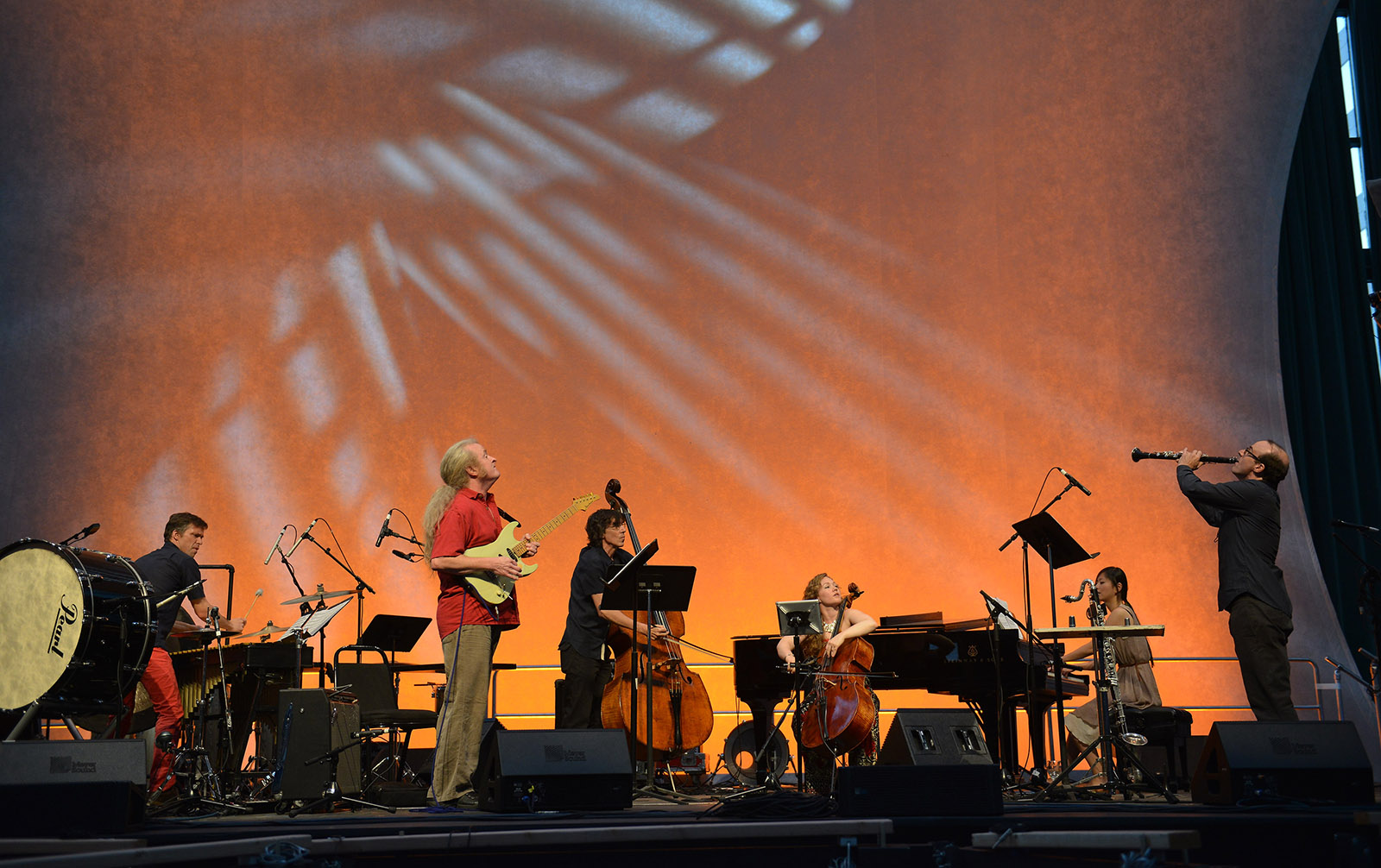My mother’s love of music began with the radio. She would sit next to the large radio speaker, tuned in to Philadelphia’s classical station, and listen. This listening was an activity; the music was not simply in the background. Sitting there next to the speaker, she could absorb the full experience, let the music wash over her and carry her away. My mother wasn’t a musician. Her family couldn’t afford music lessons. The radio was her way in. Later in life, with my father, she would listen to the radio and sing along, in the car, or on a lazy Sunday morning in the den with the newspaper strewn across the room. Most Sundays were like that.
How is it that with all of the ways to hear music today, New Yorkers still treasure the radio? The radio host is our guide to this magical art form that is beyond words, that speaks to our souls, inspires us, soothes us, wakes us up, and sometimes helps us escape. For many new music adventurers, our guide has been WNYC’s John Schaefer. John has an insatiable curiosity for new timbres, new tunings, new instruments, new ideas. His approach is not that of a critic; rather, he is full of curiosity, wonder, and awe. John has his finger on the pulse and a sharp ear for what’s fresh and inventive. He delights in sharing his musical findings with everyone. His shows are brilliant discoveries, thoughtful curations—not put together by algorithms or pumped by commercial interests, but curated with an intelligent human ear, and with research. We music lovers know the difference.
The first year that Michael Gordon, David Lang, and I put on the Bang on a Can Marathon in 1987, WNYC came down to record it. We were amazed. We didn’t formally exist, yet there was something in the programming, in the spirit, that caught John’s attention. It also caught the attention of John Cage, who was in attendance that first year, and then Steve Reich, Meredith Monk, Henry Threadgill, Philip Glass, the World Saxophone Quartet, Pauline Oliveros, and so many other great artists, known and unknown, who graced our stage. And there we were, on the radio.
We were new New Yorkers, in our late twenties, trying to carve out a space for ourselves. John Schaefer amplified that space and gave us a much broader public voice. He presented an in-depth show of the first annual Bang on a Can Marathon and continued to champion what we did, year after year. He recorded ten years of marathons and now hosts our annual People’s Commissioning Fund Concert at the Ecstatic Music Festival. John has supported countless creative musicians, young and old, from a myriad of cultures and with a broad range of aesthetics. His curation reflects this beautiful, crazy-diverse musical culture of our city and beyond.
I remember first walking into that grand building on Centre Street, Manhattan, making my way to the upper floors where WNYC was then housed. I could feel the buzz—the news, the politics, the weather, the announcements about important events taking place in the city. And then there was music, sometimes recorded and sometimes live in the studio. Music mattered. Music in New York City mattered. For a composer, the radio is a powerful vehicle for sharing the work. So many times, over the years, friends have called me up, and then, in more recent years, emailed or texted, to say they had heard my music on the radio. They’d share their impressions, their experience of listening. I am always fascinated by the different ways listeners hear and interpret music—the chemistry between the listeners’ ears and what I put on the score.
Just days ago, when it seemed that John Schaefer’s show might be cancelled by WNYC, there was a public outcry. Listeners wrote in, artists spoke up, and the incredible thing is that the station listened. I was amazed to see the outpouring of emotion: people talking about the importance of the show, how it was an essential and beautiful part of their lives.
My composition students at NYU were following the drama of the possible cancellation. When I walked into class last week and shared the news that WNYC had heard the voices of their listeners and had taken their response to heart, the students erupted into cheers. Perhaps of all the lessons they have learned in class, witnessing the conversation between the artists, the listeners, and the station was the most profound learning moment. We generally read about protest and change not in real time but in a historical perspective, but here we saw the results of people’s action right before our eyes—and ears.
Advertisement
I smile thinking of my mother’s euphoria while sitting still by the radio. Those were quieter times with fewer distractions. But John Schaefer will continue to offer us the way in. I am grateful to WNYC for listening to its listeners, for keeping the music.
Julia Wolfe’s recent composition Fire in my mouth, about the 1911 Triangle Shirtwaist factory fire, was the subject of edition #4274 (September 11, 2019) of WNYC’s New Sounds, hosted by John Schaefer.



